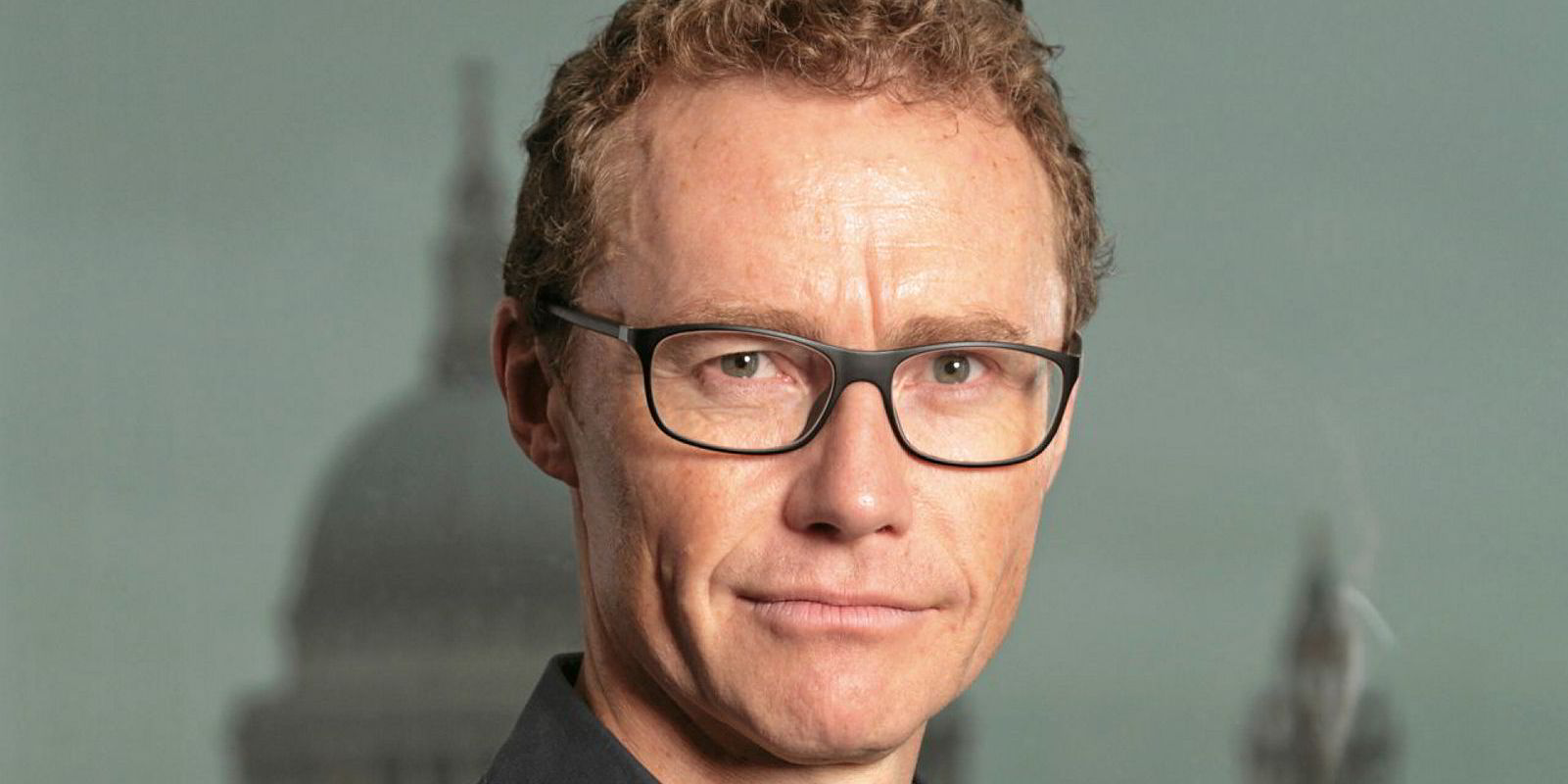How long does it take for a market to turn? Crude tankers are in the second year of a slide that may not reverse until 2018. Many sectors of the dry bulk business are only just beginning to recover from a multi-year slump that can be traced back to 2008, albeit with a few minor peaks since then.
Whereas for the offshore vessel market, anyone who tells you they know when it will decisively recover is both deluded and a fool.
Now pause a moment and reflect on the marine hull insurance market. It has been soft for about 20 years since the strong market of the early 1990s ran out of steam.
Year after year, underwriters have bemoaned the state of the business and their poor returns. Yet year after year, they have taken out their pens and signed up their shipowner clients at ever weaker rates.
Perhaps now we are coming close to a point of inflection.
As we reported last week, multiple sources in the market say Generali appears to have made a strategic decision to quit the London marine hull market and reassign staff to other lines.
The Italian insurance giant is keeping silent about its intentions, although it appears the group will continue to write some hull business in Italy.
A decision by one of the world’s biggest underwriters to draw a line under the main strand of its hull business would be a significant moment, and one that may prompt others to look hard at their own affairs.
Generali’s move would not be the first in the face of a very weak underwriting environment. Early this year, US underwriting group WR Berkley signalled it was suspending its marine business in London.
Several factors have contributed to the chronic state of the market. There has been a surfeit of capacity, as investors hunted for alternative markets amid an environment shaped by record-low interest rates.
Secondly, brokers have played a savvy hand negotiating good deals for their clients, with, in recent years, the knowledge that overall casualty numbers have been falling, even if the cost of the worst has risen sharply.
Further, for a significant period, weak hull premiums were supplemented by war risk premiums, amid the conflicts in the Middle East and particularly the impact of Somali piracy.
However, declining numbers of vessel hijacks in the Gulf of Aden and Indian Ocean over the past five years means that class of business has now fallen.
Good luck — or the ‘GL’ factor — has also increasingly come into play as a major factor in underwriters’ performance.
As the number of underwriters subscribing for a share in each risk has fallen, the size of individual slices has increased. It means luck — good or bad — in missing or suffering claims can be a key issue in the ultimate profitability of an account.
Heightening underwriters’ concerns about the state of today’s market has been the most recent report from Lloyd’s that showed an unprecedented 17% weakening in the incurred loss ratio in the second quarter of this year.
It is the most severe deterioration underwriters can recall, apart from in 2011, which included the Costa Concordia cruiseship disaster.
It is the most severe deterioration underwriters can recall, apart from in 2011, which included the Costa Concordia cruiseship disaster
A weak outlook for 2017 comes straight after three previous loss-making years, according to Lloyd’s loss ratios.
Alarm over the figures may prove a catalyst for more underwriters to firm their rate demands.
Jonathan Suckling, Arthur J Gallagher’s managing director for specialty risks, which includes marine, told TradeWinds earlier this year he thought it possible that poor returns would see a reduction in capacity.
That would not bring about a dramatic hardening of the market, but would mark the end of the softening.
Brokers believe shipowners with good claims records will continue to get hull insurance reductions, as the market improves its pricing mechanisms and continues to innovate. Multi-year deals may also soften the impact of any firming of the market.
However, we just now may be approaching a point that after 20 years the hull market may finally — finally — have reached that point of inflection.




